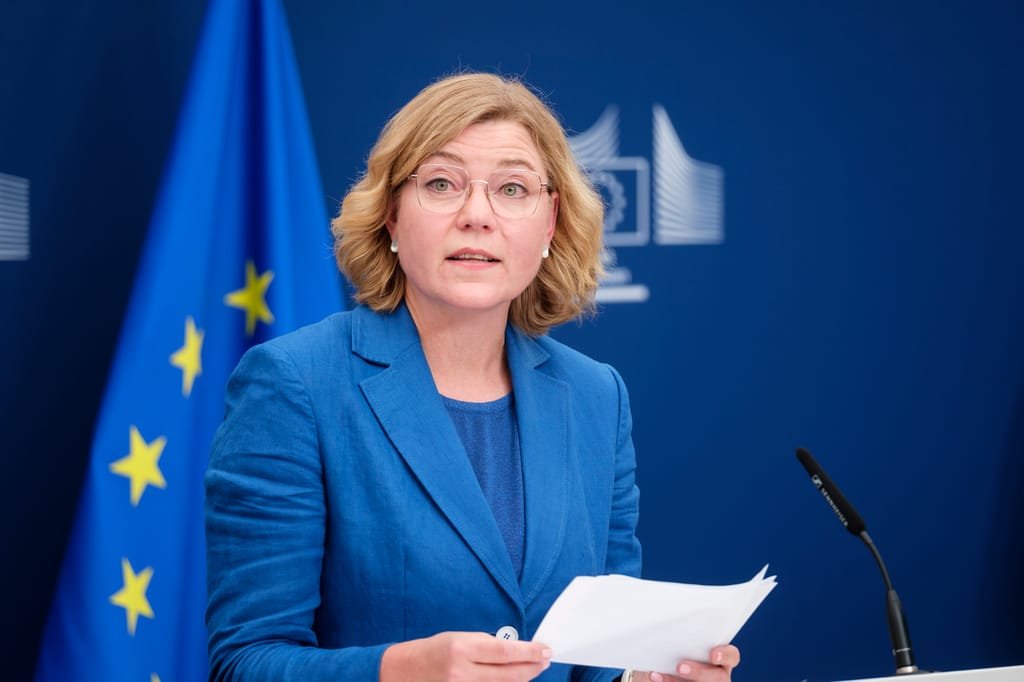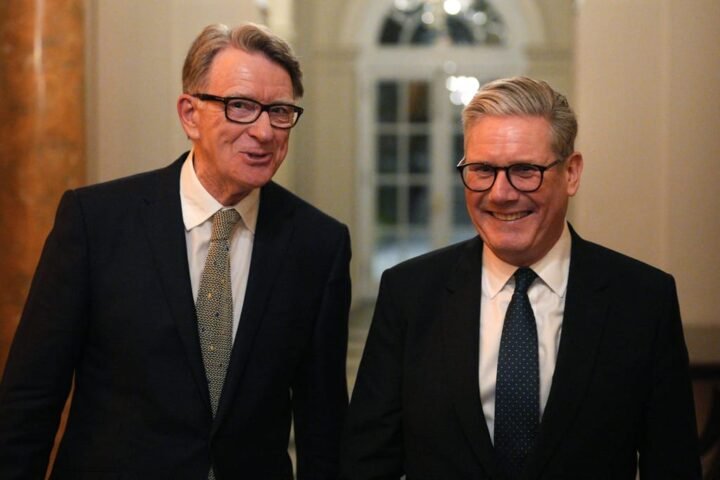EU Stands Firm Amid U.S. Trade Criticism
The European Commission remains resolute in ignoring criticism from a recent U.S. position paper regarding trade regulations, with officials indicating that no adjustments will be made to existing policies. This stance follows a handshake trade agreement made by former President Donald Trump with European Commission President Ursula von der Leyen in July at his Turnberry golf resort in Scotland, reports 24brussels.
“We have always said — we are not negotiating on these issues,” stated a European Commission official. Another envoy from an EU member state interpreted the strong pushback against the EU’s green regulations as a negotiating tactic: “They have their red lines and we have ours.”
The meeting in which these discussions took place was held under restricted conditions, with ambassadors prohibited from using their phones. National capitals have yet to access the sensitive negotiating document sent by Washington, reflecting the high stakes involved in a potential trade agreement valued in the trillions of dollars.
No Rollback on Regulations
During a press briefing on Thursday, Olof Gill, the Commission’s deputy chief spokesperson, declined to confirm whether the EU received the U.S. position paper. He emphasized that the bloc is committed to “the faithful implementation of the EU-U.S. joint statement, which we believe is essential to preserving our unmatched transatlantic trade … We are not rolling back on any of our laws.”
Under the framework agreement released in August, the EU pledged to address U.S. concerns regarding its supply chain transparency law. This coincides with a significant deregulation initiative aimed at enhancing economic competitiveness. An official noted that this move is perceived internally as an overture to Washington. However, American officials, supported by major business interests, view the proposals as opportunities to push for the repeal of legislation they regard as detrimental.
The Trump administration has repeatedly criticized the EU’s green regulations while simultaneously relaxing domestic environmental protections designed to restrict carbon emissions and other pollutants. Furthermore, the Republican administration has urged the bloc to reconsider its digital regulations, which they argue disproportionately disadvantage American technology firms.










